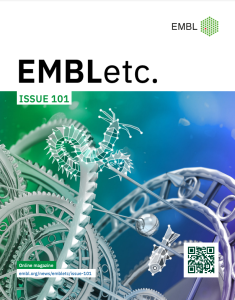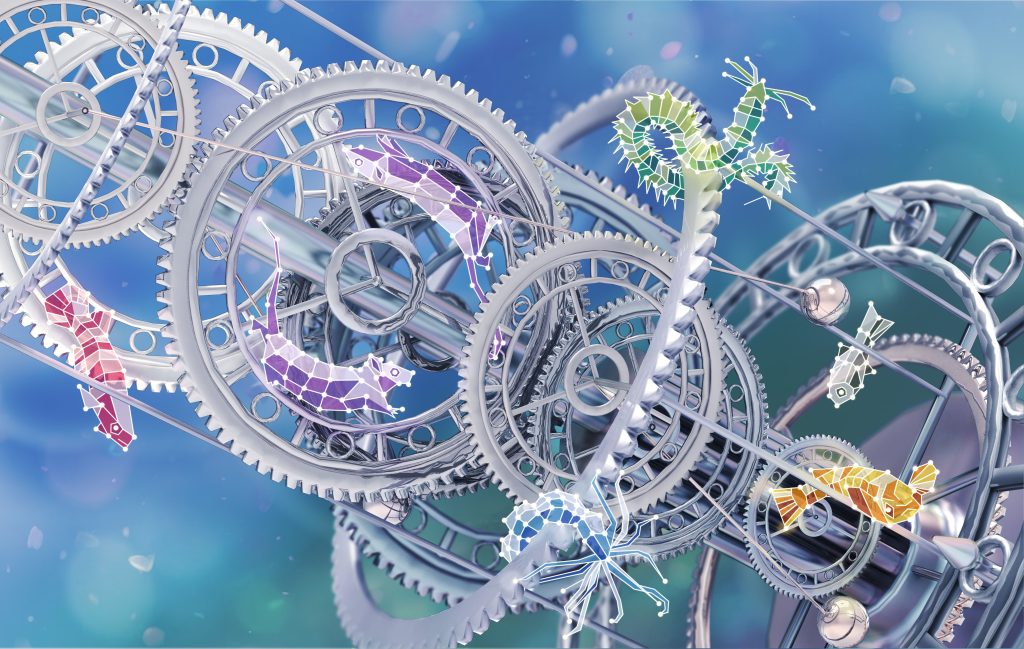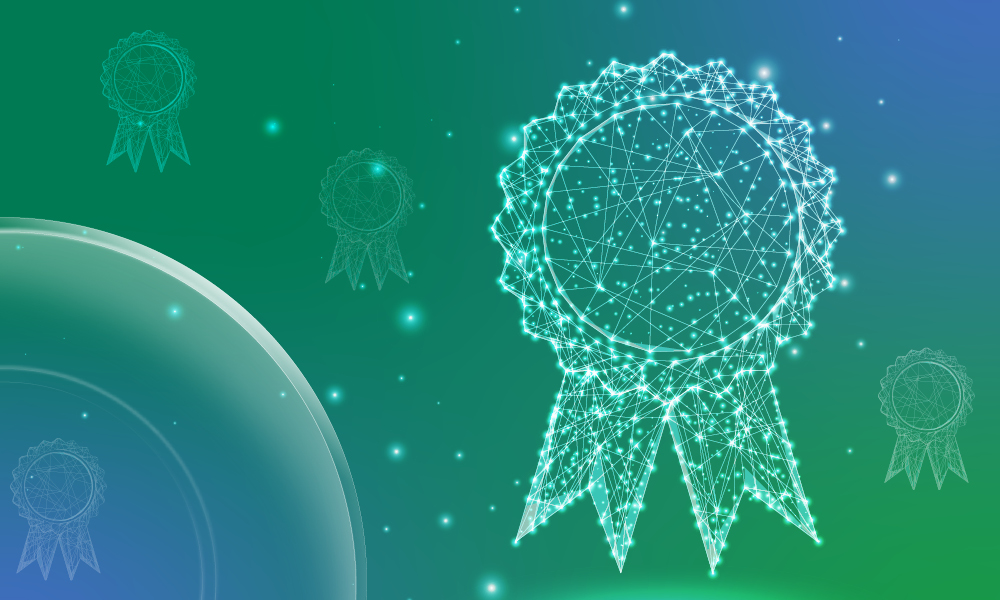26 September 2024
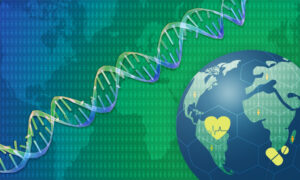
Science & Technology
Addition of data from more diverse populations to the Polygenic Score (PGS) Catalog and a new software tool for PGS calculation could help produce more equitable disease risk predictions.
2024
science-technologytechnology-and-innovation
21 June 2024

People & Perspectives
The new Team Leader for Human Genomics at EMBL-EBI shares how curiosity and maths shaped her career and what it takes to be a community builder.
2024
people-perspectivesperspectives
1 March 2024

The Federated European Genome-phenome Archive (FEGA) marks a significant milestone with the release of its first datasets.
10 May 2023

Science & Technology
The human pangenome – one of the most complete collections of genome sequences released so far – captures rich human diversity.
2023
announcementssciencescience-technology
25 April 2023
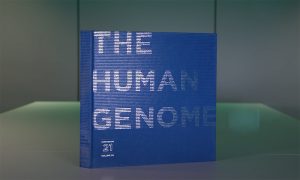
Lab MattersPeople & Perspectives
On the 20th anniversary of the Human Genome Project, we look back at its history, wonder and potential.
2023
lab-matterspeople-perspectivesperspectives
6 April 2022
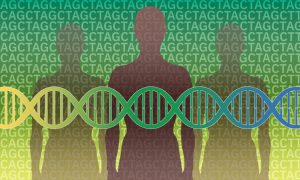
Science & Technology
Researchers from the MANE collaboration bring you the most comprehensive human genome annotation dataset to date.
2022
research-highlightssciencescience-technology
3 August 2020
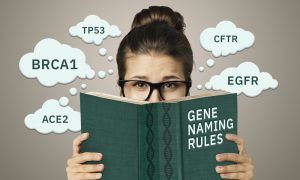
Science & Technology
The human genome harbours about 19 000 protein-coding genes, many of which still have no known function. As scientists unveil the secrets of our DNA, they come across novel genes that they need to refer to using a unique name. The Human Genome Organisation’s Gene Nomenclature Committee (HGNC) at…
2020
sciencescience-technology
26 June 2020
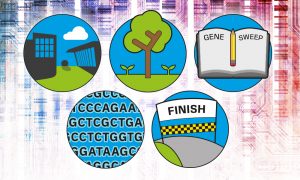
Science & Technology
Today we celebrate the 20th anniversary of the first draft of the entire human genome.
2020
sciencescience-technology
31 October 2012
Science & Technology
In a nutshell: 1st map combining human genetic variation at different scales – from single letters to large chunks Based on genomes of 1092 healthy people from Europe, the Americas and East Asia Could help identify genetic causes of disease, rather than just links Data made freely available in…
2012
sciencescience-technology
27 October 2010
Science & Technology
The 1000 Genomes Project, a major international collaboration to build a detailed map of human genetic variation, has completed its pilot phase. The results are now published in the journal Nature and freely available through the European Molecular Biology Laboratory’s European Bioinformatics…
2010
sciencescience-technology
1 April 2010
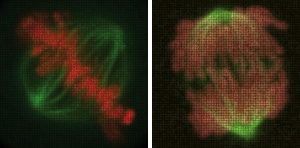
Science & Technology
Name a human gene, and you’ll find a movie online showing you what happens to cells when it is switched off. This is the resource that researchers at the European Molecular Biology Laboratory (EMBL) in Heidelberg, Germany, and their collaborators in the Mitocheck consortium are making freely…
2010
sciencescience-technology
18 March 2010
Science & Technology
Once the human genome was sequenced in 2001, the hunt was on for the genes that make each of us unique. But scientists at the European Molecular Biology Laboratory (EMBL) in Heidelberg, Germany, and Yale and Stanford Universities in the USA, have found that we differ from each other mainly because…
2010
sciencescience-technology
14 June 2007
Science & Technology
The ENCyclopedia Of DNA Elements (ENCODE), an international research consortium organised by the National Human Genome Research Institute (NHGRI), part of the National Institutes of Health (NIH), today published the results of its exhaustive, four-year effort to build a “parts list” of…
2007
sciencescience-technology
No matching posts found









